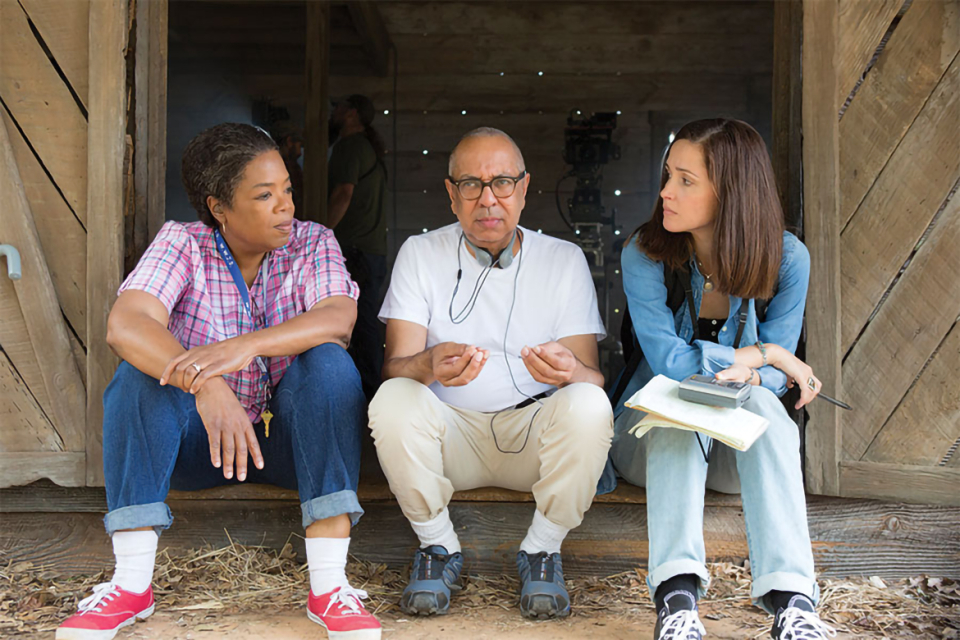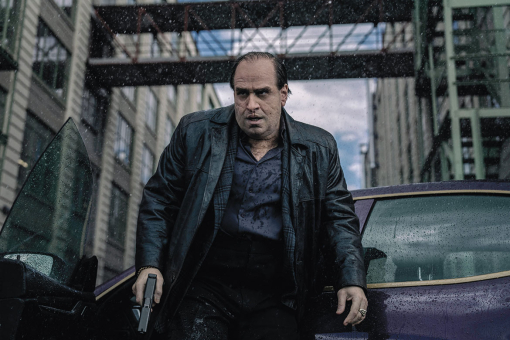Whether he’s directing a play or a film, George C. Wolfe has a simple mantra. “Every single piece of art has a responsibility to empower people,” he says. “That’s the reason I tell stories.”
With his latest effort, HBO’s The Immortal Life of Henrietta Lacks, Wolfe has an inspiring tale to tell. Based on the 2010 bestselling book of the same name, the docudrama — premiering April 22 — chronicles the journey of Deborah Lacks, the daughter of Henrietta Lacks, an African-American woman whose cancerous cells were harvested without her knowledge at Baltimore’s Johns Hopkins University before her death in 1951.
Almost miraculously, the cells continued to grow and multiply in the lab, creating the first immortal human cell line. Known as HeLa, the cells have been used in countless research studies and led to the development of drugs for everything from polio to Parkinson’s disease.
But until author Rebecca Skloot brought Lacks’s remarkable history to light, no one in her family, including Deborah and her siblings, were aware of their mother’s immeasurable — and ongoing — contribution to modern medicine.
“It’s an extraordinary story, not just about science but about a daughter who knew nothing about her mother,” says Wolfe, who also wrote the teleplay, with Peter Landesman and Alexander Woo.
“Deborah was only two when Henrietta died. She was walking through life with a gaping hole in her being. Learning the truth about Henrietta not only makes Deborah more complete, she is also healed by the knowledge, the same way HeLa cells have helped heal the world.”
Wolfe wanted to show every facet of Deborah’s personality, from her ferocity and manic energy to her deep sadness and crippling depression — and, as portrayed by Oprah Winfrey, Deborah is a force of nature. “Oprah was absolutely fearless and completely trusting,” he says. “She threw her intelligence, her heart and her physical self into whatever the moment called for, especially when Deborah was at her most naked and vulnerable.”
For Winfrey, who also served as an executive producer, playing Deborah was both exhausting and painful. “I had to go really deep to dig up the hurt and the anger,” she says, adding that Wolfe was there to guide her every step of the way.
“I’ve never met anyone who better understands the nuances of human behavior and people’s motivations. With George, there’s a real conversation and collaboration — whatever you bring to the table as an actor, he makes it better.”
Shooting in Baltimore and in small towns around Atlanta during the summer was grueling, but Wolfe couldn’t have been happier with the cast, which includes Rose Byrne as the book’s author, Renée Elise Goldsberry as Henrietta, Courtney B. Vance as an unscrupulous lawyer and Reg E. Cathey as Deborah’s troubled younger brother, Zakariyya.
“Everybody opened themselves up to their characters’ strengths and weaknesses,” he says. “As a result, their performances pull you in instead of keeping you at a distance.”
For Wolfe, a multiple Tony Award winner, the film’s most moving scene comes toward the end, when he takes a little theatrical license.
“There’s a scene I wrote, which isn’t in the book, where Deborah and Zakariyya see Henrietta’s living cells through a microscope, and then the images of the cells are projected onto them,” he says. “They’re finally receiving their mother’s touch, which they’ve been longing for their whole lives. I wanted to give that to them.”
This article originally appeared in emmy magazine, Issue No. 3, 2017













